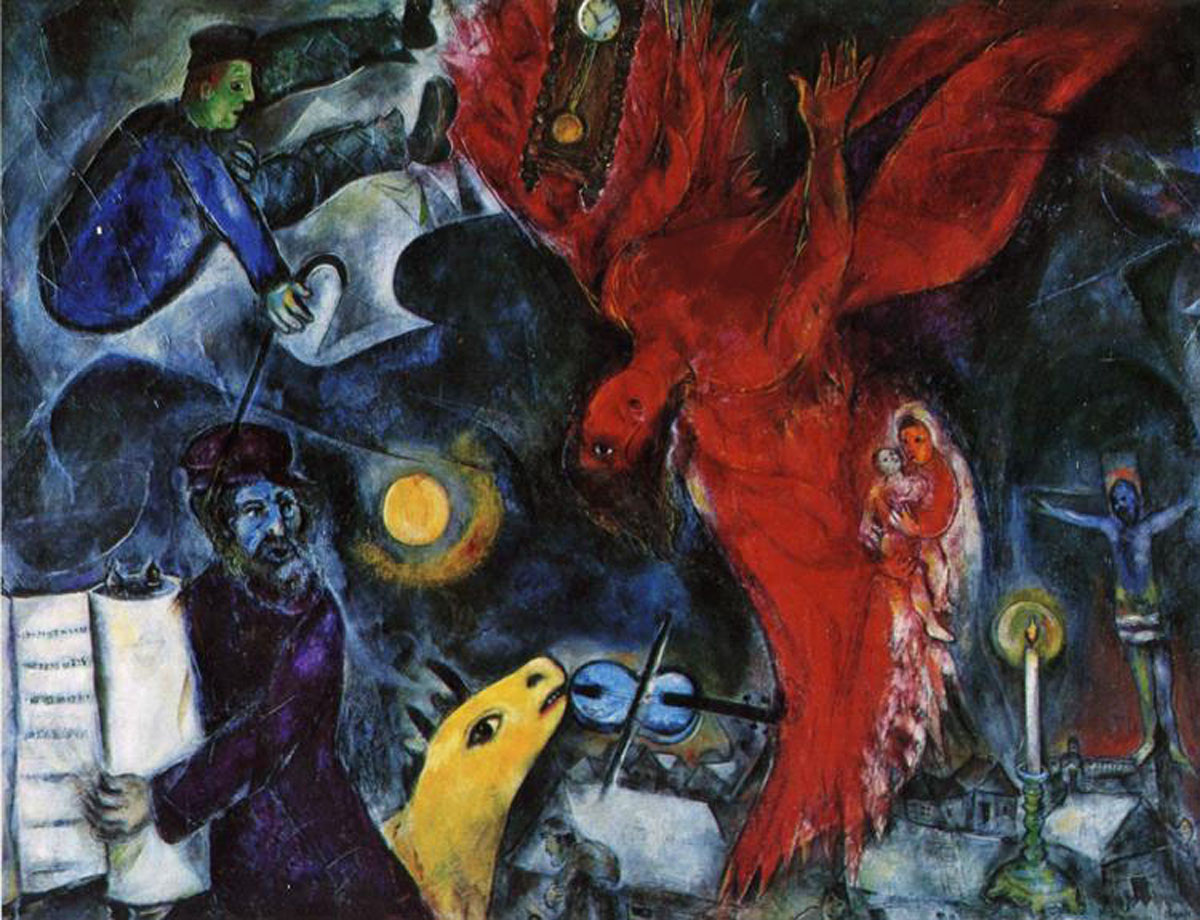Spiritual Sunday – Passover Week
In anticipation of Passover, I share a poem composed by the African American slave George Moses Horton. The Exodus story was as central to American slaves as it has been to the Jews, so a “slave’s complaint” seems appropriate. Reading it, one can see why the great Negro spiritual “Let My People Go” packed such a punch.
According to poets.org, Horton was born around 1798 and came into contact with students at the University of North Carolina in 1815, who encouraged his poetic efforts. The illiterate Horton would compose his poems while plowing and later dictate them to others. He published books in 1829, 1845, and 1865, becoming, according to poets.org, “the only American ever to publish a book while living in slavery.” Horton would leave his master’s farm in 1865 to join the union army.
The poem moves from a lament over the slave’s captive status to a vision of the freedom that comes with death. This was a coded way for slaves to talk about actual freedom. I like the way that “forever,” tolling ominously at the end of each stanza like Poe’s Raven, become uplifting at the poem’s end.
The Slave’s Complaint
By George Moses Horton
Am I sadly cast aside,
On misfortune’s rugged tide?
Will the world my pains deride
Forever?
Must I dwell in Slavery’s night,
And all pleasure take its flight,
Far beyond my feeble sight,
Forever?
Worst of all, must hope grow dim,
And withhold her cheering beam?
Rather let me sleep and dream
Forever!
Something still my heart surveys,
Groping through this dreary maze;
Is it Hope?–they burn and blaze
Forever!
Leave me not a wretch confined,
Altogether lame and blind–
Unto gross despair consigned,
Forever!
Heaven! in whom can I confide?
Canst thou not for all provide?
Condescend to be my guide
Forever:
And when this transient life shall end,
Oh, may some kind, eternal friend
Bid me from servitude ascend,
Forever!
When our pain is more than we can bear, poetry gives us words. That is no small gift.
Previous Passover Posts
Norman Finkelstein: Blood on the Door Posts
Norman Finkelstein: Death and Miracles and Stars without Number
Nicole Krauss: Replacing the Temple with the Torah


